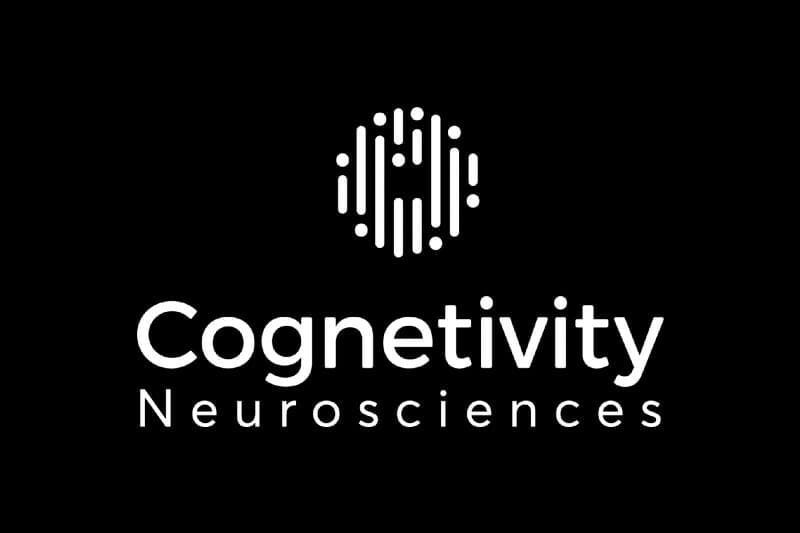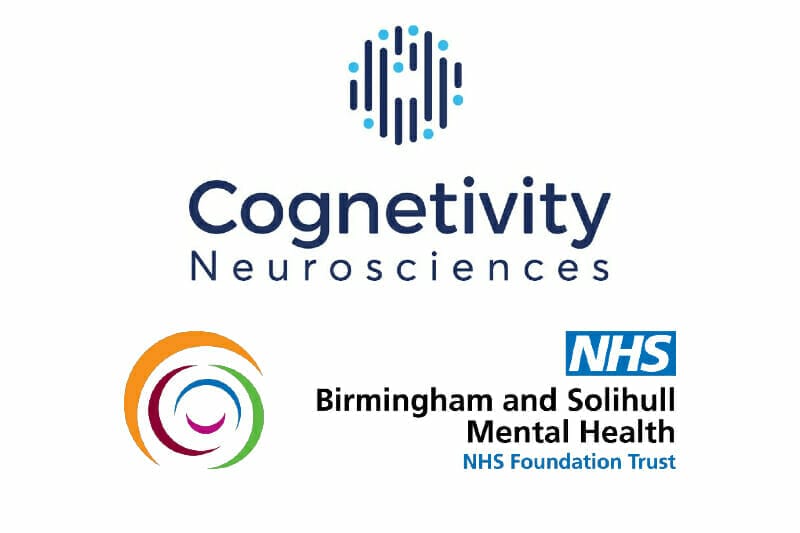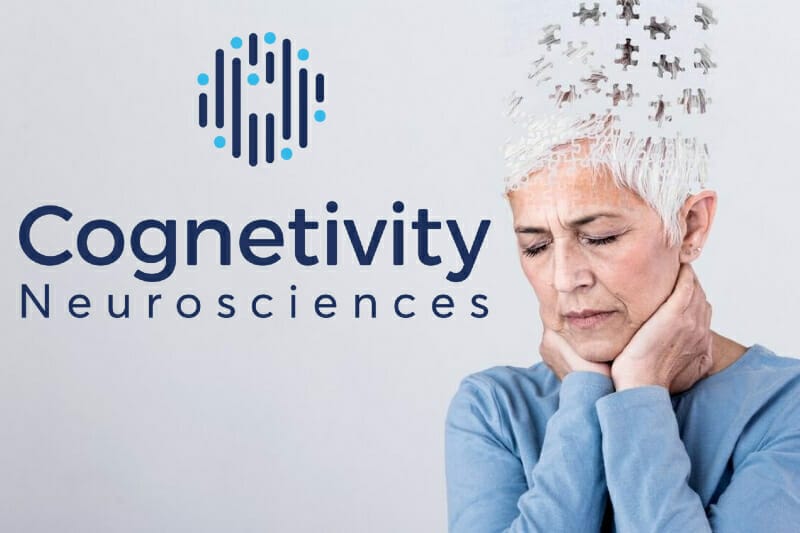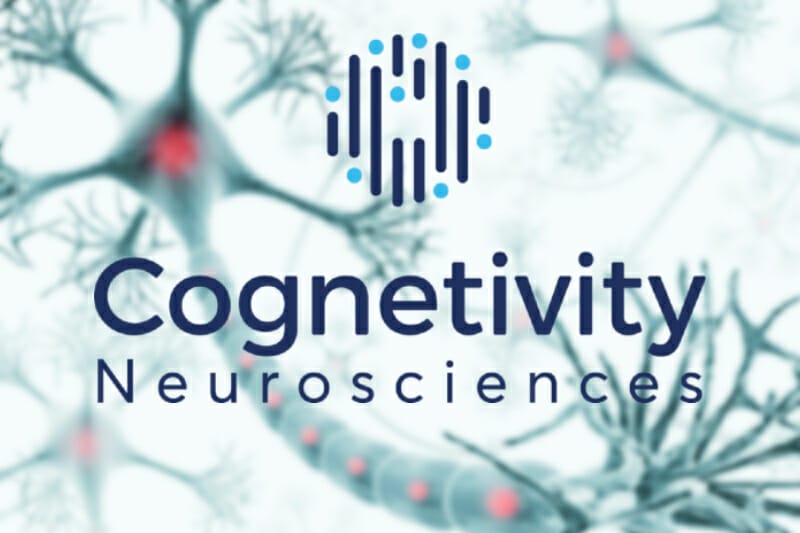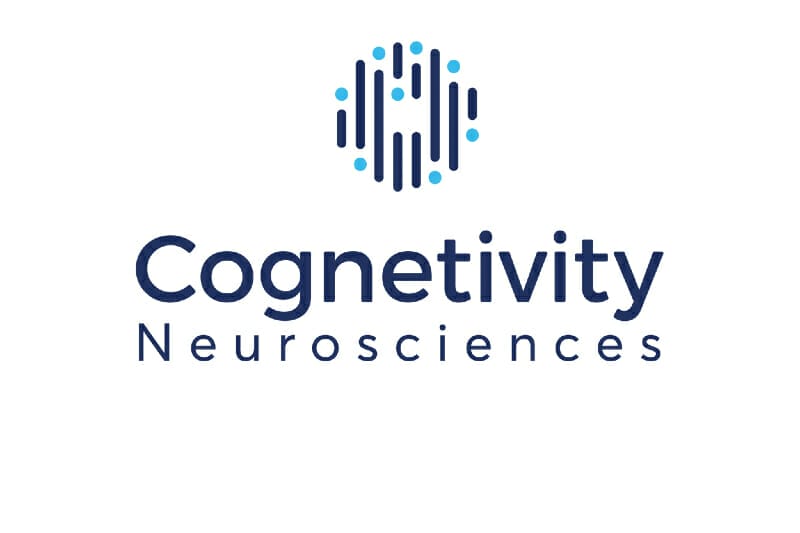Cognetivity Neurosciences’ (CGN.C) latest scientific publication touts their Integrated Cognitive Assessment (ICA) tool as a weapon for detecting and monitoring cognitive impairment associated with neurodegenerative diseases.
The ICA’s original purpose was a self-https://e4njohordzs.exactdn.com/wp-content/uploads/2021/10/tnw8sVO3j-2.pngistered diagnostic aid to help identify Alzheimer’s disease between middle age and elderly individuals. Beyond the core use, the data were obtained in patients with multiple sclerosis (MS) and healthy volunteers between the ages of 18-65, giving grounds that the technology’s application could be expanded into new clinical populations and across a wider age range.
“We’re proud to see these results in published form. They clearly validate our approach to cognitive assessment across the board, though particularly for MS, of which cognitive impairment is increasingly recognised to be an important feature. The correlation with serum NfL is hugely exciting – it points to a new era where digital biomarkers can be used in conjunction with fluid biomarkers in clinical practice for accurate tracking of disease trajectory. Digital biomarkers can replace the hassle and costliness of blood biomarkers without compromising on diagnostic accuracy,” said Dr Sina Habibi, Cognetivity’s CEO.
Cognevity is a tech company in the process of developing a cognitive testing platform for use in medical, commercial and consumer environments. The ICA blends techniques from artificial intelligence and machine learning to help detect the earliest signs of impairment by testing the performance areas of the brain, potentially helping with early diagnosis of dementia. Right now, they’re aiming to develop their platform through ongoing clinical studies in North America, Europe and elsewhere in the world.
Multiple sclerosis is a disease that effects the brain and spinal cord, and thus the central nervous system. The immune system attacks the protective sheath covering nerve fibres and causes communication roadblocks between your brain and the rest of the body, eventually causing permanent damage or nerve deterioration.
Signs and symptoms vary widely and depend on the amount and severity of nerve damage, and which nerves are affected. Some people lose the ability to walk independently or at all, while others may go through long asymptomatic periods.
It’s been estimated that nearly 2.5 million people worldwide suffer from multiple sclerosis. There are treatments available, but no cure as of yet. For sufferers, comes down to matching the right treatment to a given patient, and the timing can be difficult. The benefits of therapy may not become apparent for months and the disease differs from one patient to the next.
The ICA offers the potential for a quick, frequent, home-based monitoring of disease progression and responses to treatment, revealing underlying changes in neural physiology without the requirement of invasive or expensive investigation.
“In the ICA, we have the potential to bring about a new paradigm in monitoring the progression and treatment of MS in clinical care, and the development of novel drugs through clinical trials. We encourage physicians and researchers alike to come forward and partner with us to make the most of this powerful digital tool in the new age of telehealth,” said Dr. Habibi.
Another anticipated discovery was the company’s artificial intelligence component of their ICA was capable of separating data between healthy MS patients and healthy controls, demonstrating its efficacy as well as a clear correlation between subjects ICA test results and their scores on the assessment standards for cognition and functional disability in MS.
The device, once brought to market, could help clinicians find the best treatments for their patients. There’s also the considerable value to pharmaceutical companies looking to measure the effects of experimental drugs to be considered. The cure for MS is still out there, but many of the industry’s biggest players are competing to develop the next big treatment, and the global therapeutics market for MS is expected to be grow to $32.9 billion by 2028.
—Joseph Morton


